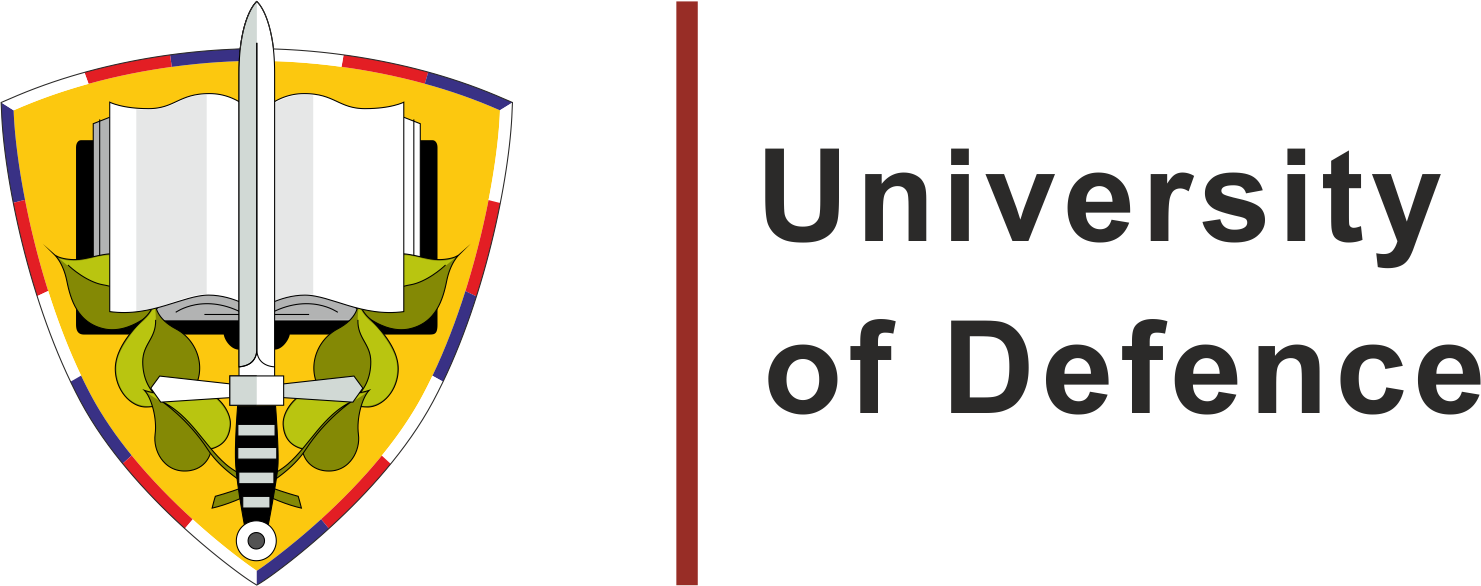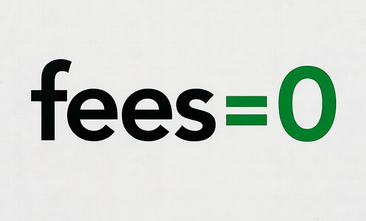Experimental Investigation of CFRP Impact Toughness and Failure Modes
DOI:
https://doi.org/10.3849/aimt.01214Keywords:
composite, impact, pendulum, impact toughness, bending, failure modeAbstract
The experimental investigation assesses the capability of Carbon Fibre Reinforced Plastics (CFRP) to absorb impact energy. The method is based on measuring impact toughness of unnotched beam specimens made of laminates with woven and unidirectional reinforcement in either cross‐ply [0/90]n or angle‐ply [±45]n orientation using impact pendulum testing machine. Low‐velocity impact produces interlaminar and intralaminar failures of beams which affect their energy absorptions. The resulting energy absorptions are evaluated from force‐displacement curves and subsequently discussed using assessment of loading processes and final failure modes.
References
GRADY, J. Fracture Toughness Testing of Polymer Matrix Composites [Technical report]. NASA‐TP-3199, USA, 1992.
NIU M.C.Y. Composite Airframe Structures. Hong Kong: Conmilit, 1992.
ASTM D6110-10, Standard Test Method for Determining the Charpy Impact Resistance of Notched Specimens of Plastics. ASTM International, 2010.
ASTM E2248-15, Standard Test Method for Impact Testing of Miniaturized Charpy V-Notch Specimens. ASTM International, 2015.
CAMINERO, M.A., RODRÍGUEZ, G.P. and MUÑOZ, V. Effect of Stacking Sequence on Charpy Impact and Flexural Damage Behavior of Composite Laminates. Composite Structures, 2016, vol. 136, p. 345-357. ISSN 0263-8223. https://doi.org/10.1016/j.compstruct.2015.10.019.
KIM, K.W. et al. Cure Behaviors and Mechanical Properties of Carbon Fiberreinforced Nylon6/epoxy Blended Matrix Composites. Composites Part B: Engineering, 2017, vol. 112, p. 15-21. ISSN 1359-8368. https://doi.org/10.1016/j.compositesb.2016.12.009.
AHMED, K.S., MALLINATHA, V. and AMITH, S.J. Effect of Ceramic Fillers on Mechanical Properties of Woven Jute Fabric Reinforced Epoxy Composites.Journal of Reinforced Plastics and Composites, 2011, vol. 30, no. 15, p. 1315-1326. ISSN 0731-6844. https://doi.org/10.1177/0731684411420606.
HASANI, H., AJELI, S., HESSAMI, R. and ZADHOUSH, A. Investigation into Energy Absorption Capacity of Composites Reinforced by Three-dimensionalweft Knitted Fabrics. Journal of Industrial Textiles, 2014, vol. 43, no. 4, p. 536-548. ISSN 1528-0837. https://doi.org/10.1177/1528083712468604.
KAVITHA, N., BALASUBRAMANIAN, M. and KENNEDY, A.X. Investigation of Impact Behavior of Epoxy Reinforced with Nanometer- and micrometersized Silicon Carbide Particles. Journal of Composite Materials, 2013, vol. 47, no. 15, p. 1877-1884. ISSN 0021-9983. https://doi.org/10.1177/0021998312451920.
ASOPA, V. et al. A Comparative Evaluation of Properties of Zirconia Reinforced High Impact Acrylic Resin with that of High Impact Acrylic Resin. The Saudi Journal for Dental Research, 2015, vol. 6, no. 2, p. 146-151. ISSN 2352-0035. https://doi.org/10.1016/j.sjdr.2015.02.003.
ASTM D256-10e1, Standard Test Methods for Determining the Izod Pendulum Impact Resistance of Plastics. ASTM International, 2010.
WEISBROD, G. and RITTEL, D. A Method for Dynamic Fracture Toughness Determination using Short Beams. International Journal of Fracture, 2000, vol. 104, no. 1, p. 89-103. ISSN 0376-9429. https://doi.org/10.1023/A:1007673528573.
DE CICCO, D., ASAEE, Z. and TAHERI, F. Low-velocity Impact Damage Response of Fiberglass / Magnesium Fiber-metal Laminates under Different Size and Shape Impactors. Mechanics of Advanced Materials and Structures, 2017, vol. 24, no. 2, p. 545-555. ISSN 1537-6494. https://doi.org/10.1080/15376494.2016.1162343.
XU, W. and WAAS, A.M. Fracture Toughness of Woven Textile Composites. Engineering Fracture Mechanics, 2017, vol. 169, p. 184-188. ISSN 0013-7944. https://doi.org/10.1016/j.engfracmech.2016.11.027.
HARRIS, B. Engineering Composite Materials. London: Institute of Metals, 1999.
TRONSKAR, J.P., MANNAN, M.A. and LAI, M.O. Measurement of Fracture Initiation Toughness and Crack Resistance in Instrumented Charpy Impact Testing. Engineering Fracture Mechanics, 2002, vol. 69, no. 3, p. 321-338. ISSN 0013-7944. https://doi.org/10.1016/S0013-7944(01)00077-7.
HART, K.R. and WETZEL, E.D. Fracture Behavior of Additively Manufactured Acrylonitrile Butadiene Styrene (ABS) Materials. Engineering Fracture Mechanics, 2017, vol. 177, p. 1-13. ISSN 0013-7944. https://doi.org/10.1016/j.engfracmech.2017.03.028.
HARRIS, B. Micromechanisms of Crack Extension in Composites. Metal Science, 1980, vol. 14, no. 8-9, p. 351-362. ISSN 0306-3453. https://doi.org/10.1179/msc.1980.14.8-9.351.
TOMITA, Y. and MORIOKA. K. Effect of Lay-up Sequence on Mechanical Properties and Fracture Behaviour of Advanced CFRP Laminate Composite. Materials Science and Engineering: A, 1997, vol. 234-236, p. 778-781. ISSN 0921-5093. https://doi.org/10.1016/S0921-5093(97)00411-5.
MORIOKA, K. and TOMITA, Y. Effect of Lay-up Sequence on Mechanical Properties and Fracture Behaviour of CFRP Laminate Composites. Materials Characterization, 2000, vol. 45, no. 2, p. 125-136. ISSN 1044-5803. https://doi.org/10.1016/S1044-5803(00)00065-6.
RICHARDSON, M.O.W. and WISHEART, M.J. Review of Low-velocity Impact Properties of Composite Materials. Composites Part A: Applied Science and Manufacturing, 1996, vol. 27, no. 12, p. 1123-1131. ISSN 1359-835X. https://doi.org/10.1016/1359-835X(96)00074-7.
TARPANI, J.R., MALUF, O. and GATTI, M.C.A. Charpy Impact Toughness of Conventional and Advanced Composite Laminates for Aircraft Construction. Materials Research, 2009, vol. 12, no. 4, p. 395-403. ISSN 1516-1439. https://doi.org/10.1590/S1516-14392009000400004.
Downloads
Published
License
Copyright (c) 2018 Advances in Military Technology

This work is licensed under a Creative Commons Attribution-NonCommercial 4.0 International License.
Authors who publish with this journal agree to the following terms:
1. Authors retain copyright and grant the journal right of first publication with the work simultaneously licensed under a Creative Commons Attribution License that allows others to share the work with an acknowledgement of the work's authorship and initial publication in this journal.
2. Authors are able to enter into separate, additional contractual arrangements for the non-exclusive distribution of the journal's published version of the work (e.g., post it to an institutional repository or publish it in a book), with an acknowledgement of its initial publication in this journal.
3. Authors are permitted and encouraged to post their work online (e.g., in institutional repositories or on their website) prior to and during the submission process, as it can lead to productive exchanges, as well as earlier and greater citation of published work.
Users can use, reuse and build upon the material published in the journal for any purpose, even commercially.






